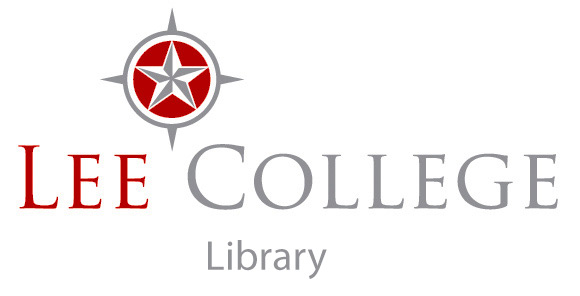Traditional vs. Fact Finding
TRADITIONAL |
FACT-CHECKING |
|
Authority: Who authored (wrote) the site?
Responsibility: Who published the site?
Purpose: What is the main purpose of the site? Why did the author write it and the publisher post it? Is it.....
Quality: What is the quality of information provided on the website?
Evaluate: How does it all add up?
|
It is a good idea to research your issue on more than one of these websites to double check for reliability and bias! AllSides
Presents views on current news stories from the Right, the Left and the Center sides of the political spectrum.
FactCheck.org
From the Annenberg Public Policy Center, this non-partisan website aims to fact-check public statements made by individuals in current American politics. A site that examines bias in media from all points of the political spectrum. It includes a "Daily Source Bias Check" that examines the truthfulness and bias of various news sources. OpenSecrets.org This website mainly tracks where elected American legislators get their money and which entities contribute to their campaigns.
From the Poynter Institute, Politifact focuses mainly on fact-checking statements in the political sphere, but does include some entries on other subjects reported by American media. Non-partisan. Snopes.com
This site fact checks stories from the news and popular culture, including statements by politicians, Internet memes, and urban legends.
|
|
|
|
START YOUR RESEARCH

